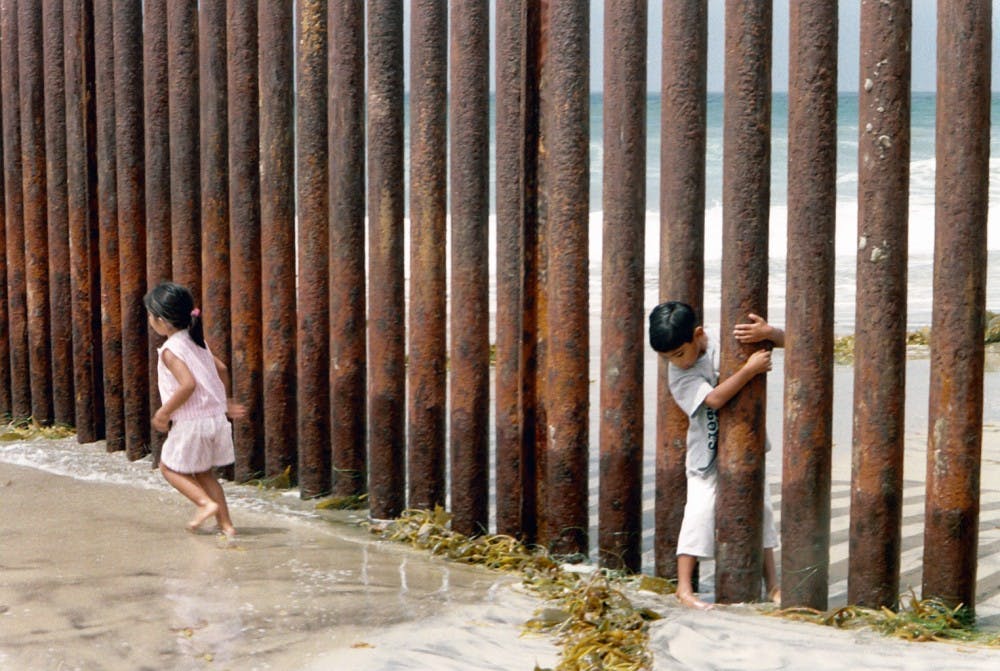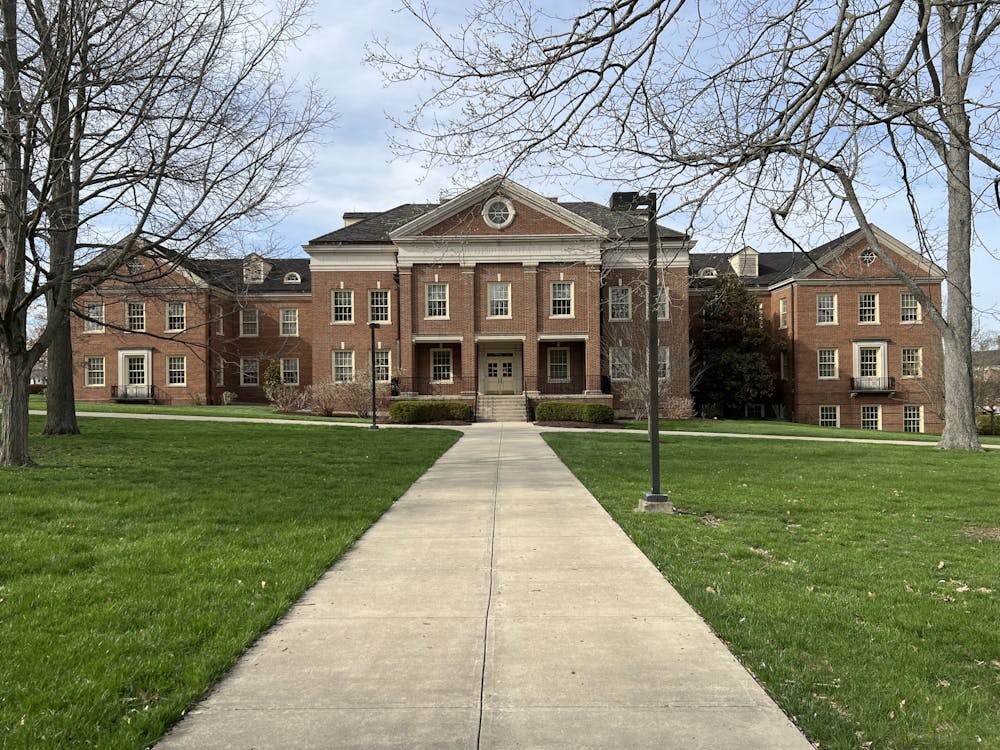After President Trump's Sep. 5 decision to dismantle DACA, about 800,000 undocumented immigrants were thrust into uncertainty. However, undocumented Miami students should not expect immediate effects on their education.
"In general, and in accordance with the information currently available, DACA students should not expect any aspect of their engagement with Miami University to change," reads an informational page about the DACA program on Miami's website.
The university admits students regardless of their immigration status and, according to the page, will continue to do so.
Last Tuesday, Sep. 5, President Trump formally ended the Deferred Action for Childhood Arrivals program - an initiative which shielded about 800,000 undocumented immigrants from deportation. Crawford's response to Trump's dismantling of the announcement was posted that evening.
Miami president Greg Crawford, following the Trump administration's announcement, urged Congress to develop a plan to protect undocumented students attending college in the U.S. in a statement published online last Tuesday.
Introduced during the Obama administration, the Deferred Action for Childhood Arrivals program allowed young adults who were brought to the U.S. illegally as children to work and study in the U.S. without fear of immediate removal.
Though U.S. Citizenship and Immigration Services (USCIS) will not process any new applications for the program, Congress has a six-month window to act before the administration will start to phase out protections for those currently in the program.
Since its introduction, Miami's administration has supported the DACA program.
In a 2013 letter, former Miami president David Hodge urged Ohio senator Sherrod Brown to support expansion of the DREAM act.
In December, Crawford, along with presidents from all 14 of Ohio's public universities, signed a letter asking U.S. senators to support the BRIDGE Act, which would have allowed people who are eligible for work authorization and temporary relief from deportation through DACA to continue living in the U.S.
Miami students receive access to all campus services regardless of immigration status, and, since 2013, undocumented students who live in the state of Ohio have been eligible for in-state tuition.
Since the Trump administration gave few details in its initial announcement, Miami will "continue to monitor developments and consult with experts in this area," according to the statement.
Enjoy what you're reading?
Signup for our newsletter
The university recommends undocumented students work closely with personal immigration counsel. Students in programs which require employment authorization, like a paid internship, should pay particular attention to developments of this decision that will affect their ability to be employed in the U.S.
In the event that an undocumented Miami student would be subject to an order of removal from the U.S., Miami could not intervene, though the school pledges to "support and take steps to ease the student's transition."
"These students have enriched the learning environment and brought a wide array of talents and abilities to our state and nation," said Crawford in the statement.
Undocumented students seeking legal assistance can go to https://www.immigrationlawhelp.org for more information.




